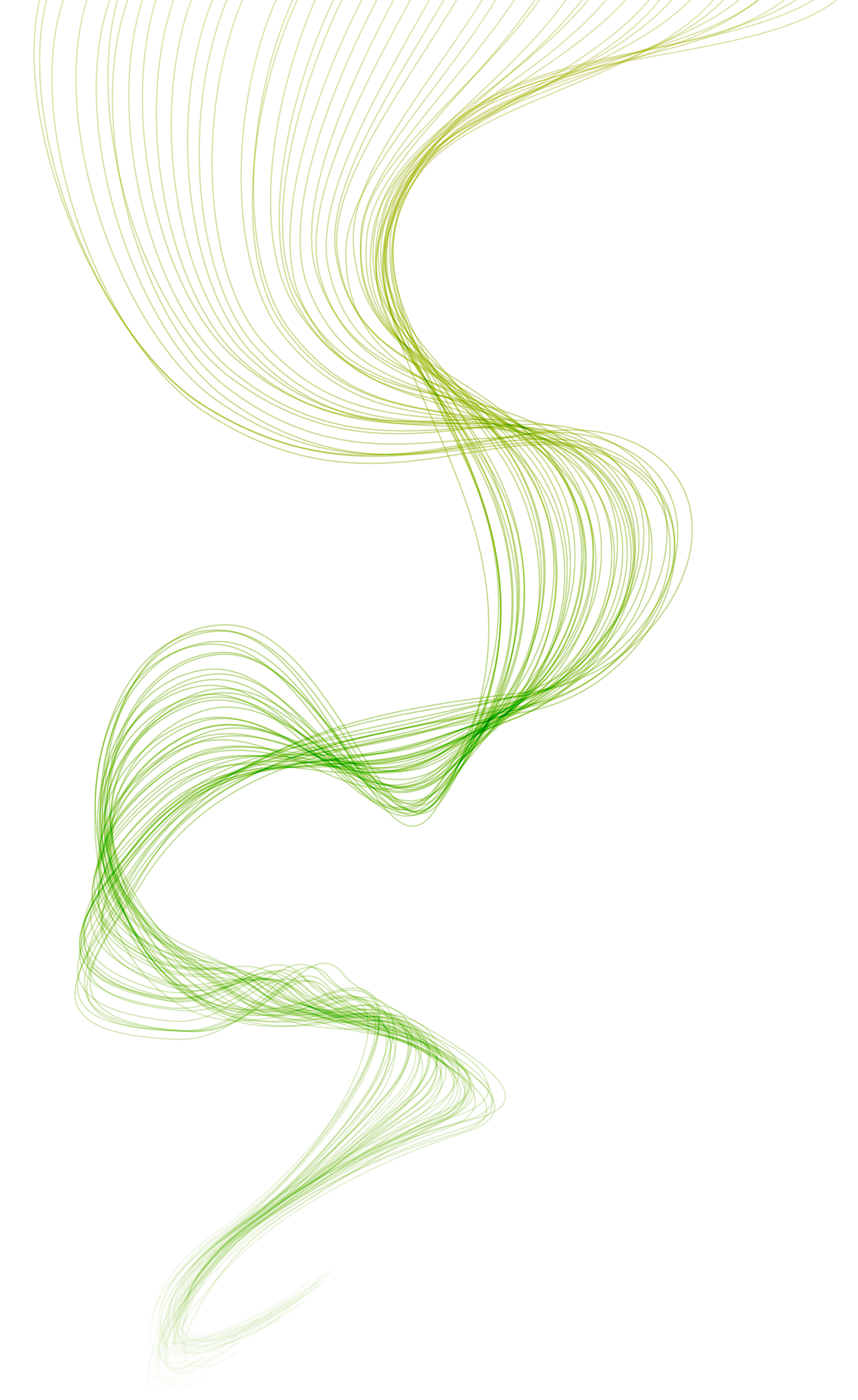Results of the AQUA-MBF (Assessment of Quantitative MBF Using CMR) study were recently published in JACC: Cardiovascular Imaging. The study, led by researchers from University of Virginia Health System, involved 10 centers across North America, Europe, and China, leveraging collaboration with Circle Cardiovascular Imaging and GE Healthcare.
The study demonstrated that quantitative analysis of myocardial blood flow (MBF) and myocardial perfusion reserve (MPR) using stress cardiovascular magnetic resonance (CMR) is more accurate at identifying obstructive coronary artery disease (obCAD) than conventional qualitative assessment (QA) by experienced physicians.
Expert clinical researchers utilized GE HealthCare’s state-of-the-art MRI systems along with Circle Cardiovascular Imaging’s innovative post-processing solutions to establish quantitative stress CMR as a reliable and accurate method for detecting coronary artery disease, marking a significant shift in the potential for CMR in the early detection of obCAD.
The Society of Cardiovascular MR (SCMR), in collaboration with Circle, is hosting a 2-day Stress CMR Workshop on October 4-5, 2024 in Washington D.C. where participants will have the chance to explore real-world clinical cases using Circle’s advanced cvi42 software platform for Stress CMR. This event will provide participants with valuable insights, hands-on sessions, and in-depth discussions with experts, focusing on how Stress CMR can be integrated into clinical practice.
Discover the benefits of the cvi42 platform by clicking here. Get in touch with us or request a cvi42 demo by contacting us here.
“Myocardial Blood Flow Quantification Using Stress Cardiac Magnetic Resonance Improves Detection of Coronary Artery Disease.” JACC: Cardiovascular Imaging, 18 Sept. 2024, https://doi.org/10.1016/j.jcmg.2024.07.023. Accessed 26 Sept. 2024.
*Not for sale. For research purposes only. Not cleared or approved by the U.S. FDA or any other global regulator for commercial availability.
